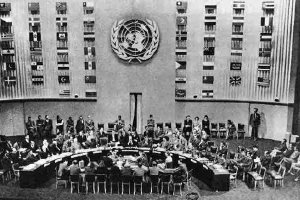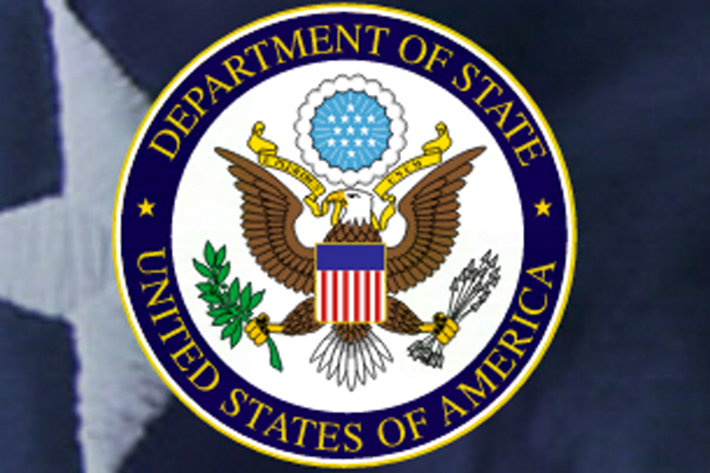
Today, October 27, is International Religious Freedom Day. This year it commemorates the 17th anniversary of the enactment of the International Religious Freedom Act of 1998 (IRFA).
The International Religious Freedom Act was passed by an overwhelmingly bipartisan initiative in the U.S. Congress to promote religious freedom as a foreign policy of the United States, and to advocate on behalf of individuals and religious groups persecuted in foreign countries due to their religious beliefs and association.
IRFA makes it clear that freedom of religion or belief is the birthright of every human being. It is a cherished fundamental right enshrined forevermore in the Universal Declaration of Human Rights that applies to all persons equally everywhere, regardless of who they are, where they live, their age, gender, race or ethnicity, and what they believe or do not believe in.
“Freedom of religion or belief is the birthright of every human being.”
As laid out in the Universal Declaration of Human Rights and the International Covenant on Civil and Political Rights, the right to religious freedom explicitly includes freedom to change religious faith or belief, either alone or in community with others in public or private, and to manifest religion or belief in teaching, practice, worship, and observance.
There is no question that the legislation fulfills a pressing need to fight for the right to religious freedom globally. Today, the right to freedom of religion or belief is under assault throughout the world. A global study by the Pew Research Center focusing on 197 countries and territories comprising 99.5 percent of the world’s population finds that approximately 5 billion people, 75 percent of the world’s population, live in countries with high government restrictions on religion or high social hostilities involving religion, which often target religious minorities.
IRFA creates three cooperative entities to fight for religious freedom and identify and monitor religious persecution:
- An International Religious Freedom Office in the U.S. State Department, headed by an International Religious Freedom Ambassador-at-large.
- A bipartisan United States Commission on International Religious Freedom (USCIRF). USCIRF monitors religious freedom worldwide and makes policy recommendations to the President, Secretary of State, and Congress in response to governments that violate this fundamental right.
- A Special Adviser on International Religious Freedom within the National Security Council.
IRFA also mandates monitoring the state of religious freedom around the world; requires the State Department Office of International Religious Freedom and USCIRF to prepare annual reports on religious freedom in other countries; requires the government to identify the worst violators and take some action against them in response; and urges an increased emphasis on the issue of international religious freedom in the training of U.S. officials and in U.S. programs.
“In enacting IRFA, the United States recognized that religious freedom is an essential part of U.S. history, a fundamental human right…”
In enacting IRFA, the United States recognized that religious freedom is an essential part of U.S. history, a fundamental human right recognized by international law and treaty, a core component of the principles that guide democracy globally, and an essential element to advance national security, prosperity, tolerance and peace.
Freedom of religion and belief for everyone regardless of their beliefs is a central principle of the Scientology religion, as expressed in the Creed of the Church of Scientology. Written in 1954 by Scientology Founder L. Ron Hubbard, the Creed states, “We of the Church believe: That all men have inalienable rights to their own religious practices and their performance” and “That no agency less that God has the power to suspend or set aside these rights, overtly or covertly.” The 20 points enumerated in The Code of a Scientologist include the responsibility “To support true humanitarian endeavors in the fields of human rights” and “To support the freedom of religion.”
Learn more about the International Religious Freedom Act and Freedom of Religion:


